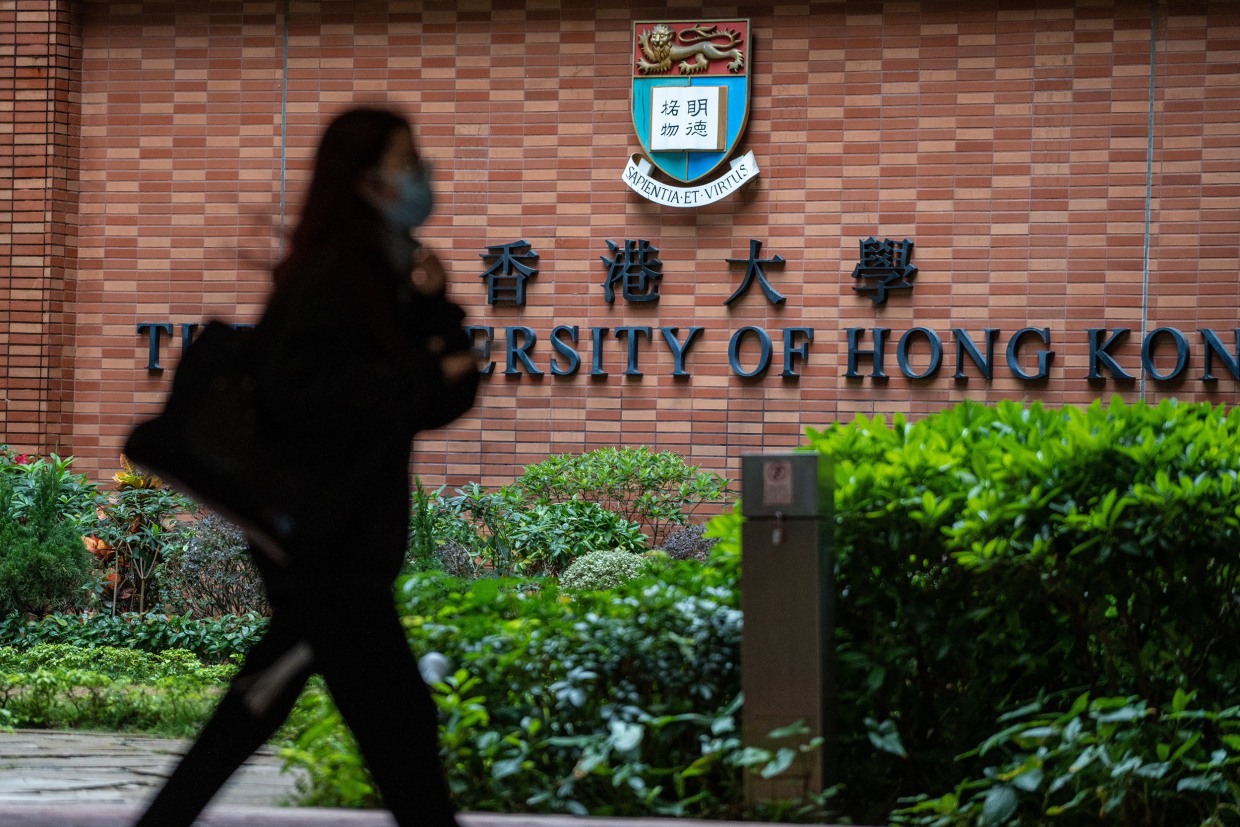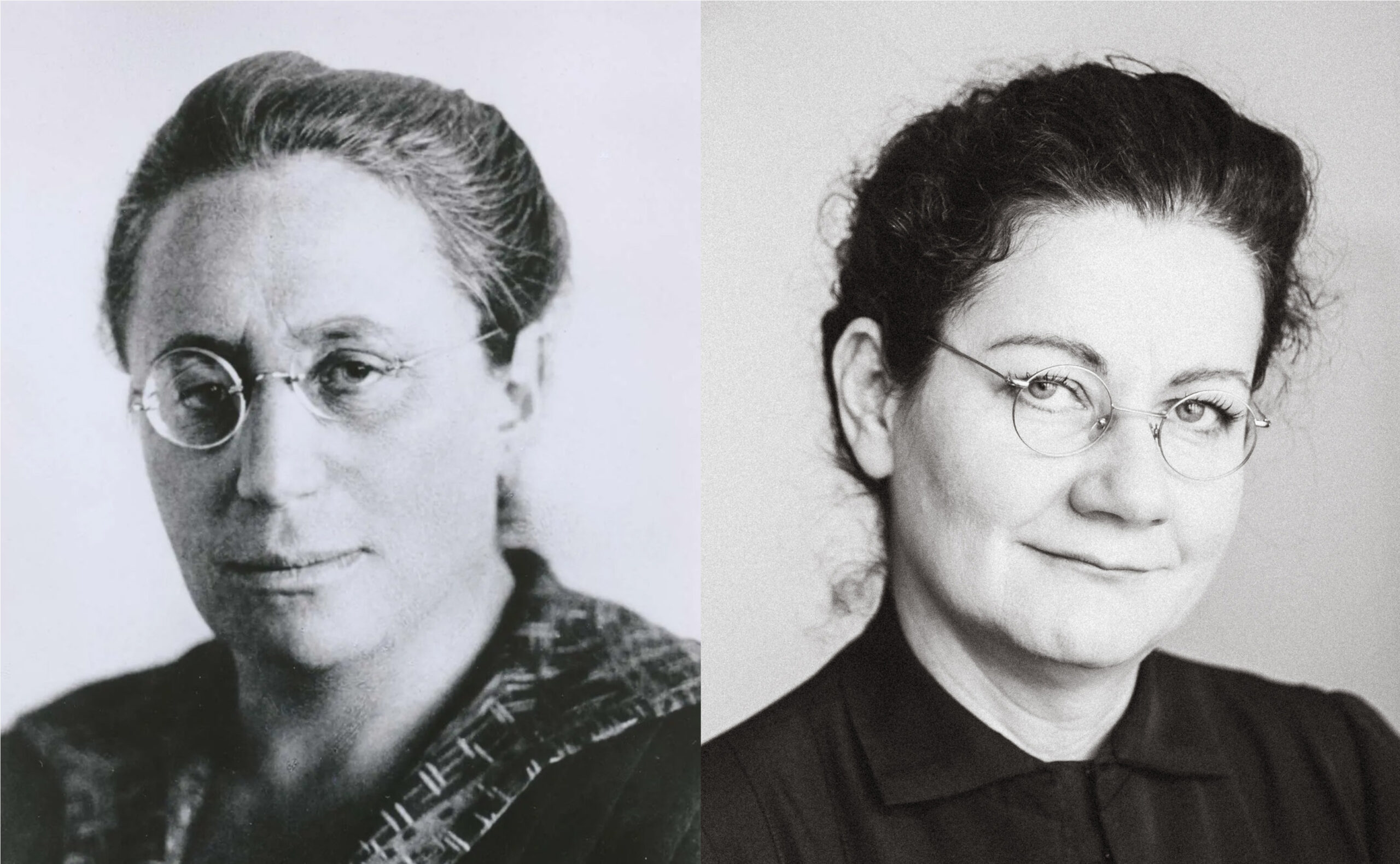Hong Kong authorities have initiated a criminal investigation into a disturbing case at the University of Hong Kong, where a male law student is accused of using artificial intelligence to generate non-consensual deepfake pornographic images of over a dozen female students and teachers. This official probe, announced recently by the Office of the Privacy Commissioner for Personal Data, follows a significant outcry from students at the city’s oldest institution, who expressed strong dissatisfaction with what they perceived as an inadequate response from the university itself. The incident sheds light on the rapidly evolving challenges posed by AI misuse and the urgent need for robust regulatory frameworks.
The allegations against the student came to light through a widely shared letter on Instagram from an account handled by three unidentified victims. This letter unveiled a shocking discovery: folders on the accused’s computer allegedly containing over 700 deepfake photos, carefully categorized by the victims’ names, along with the original pictures from which they were created. The victims’ narrative claims that the male law student supposedly gathered photos of the individuals from their social media accounts, later using AI tools to transform these images into explicit, pornographic material showcasing their faces. Although it’s not confirmed that these fake images were widely spread, their existence and the purported intent behind them have sparked a major controversy.
The sequence of events presented by the victims suggests a worrisome delay in how the university addressed the issue. The images were supposedly found and reported to the university in February. Nonetheless, the university only reportedly began interviewing some of the affected parties in March. By April, one of the victims learned that the accused student had submitted a brief “apology letter” consisting of just 60 words. Although the validity of this letter and the Instagram account managed by the victims could not be independently corroborated, the University of Hong Kong acknowledged that it was aware of “social media posts regarding a student allegedly using AI tools to produce inappropriate images.” In its initial public statement issued on a Saturday, the university confirmed it had given a warning letter to the student and required him to issue a formal apology to those impacted.
This response, however, failed to quell the growing outrage among the student body. The victims, in their public letter, sharply criticized the university’s perceived inaction, lamenting that they were compelled to continue sharing classroom spaces with the accused student on at least four occasions. This forced proximity, they argued, inflicted “unnecessary psychological distress.” The broader student community subsequently intensified its demands for more decisive and stringent measures from the university administration.
The situation rapidly expanded outside the bounds of the university, drawing the focus of the top authority in Hong Kong. Chief Executive John Lee made a public statement about the controversy at a press conference, stressing the “duty of nurturing students’ ethical values” that educational establishments hold. He asserted without reservation that academic institutions ought to “handle student misbehavior firmly,” highlighting that “any actions harming others could potentially be a criminal offense and might also violate individual rights and privacy.” This involvement at a high level indicated the seriousness with which authorities were starting to regard the issue, surpassing what was initially just an internal disciplinary affair within the university.
The University of Hong Kong has subsequently expressed a reconsideration of its strategy. Initially, it did not address specific questions from media representatives directly, but later, it notified local news channels that it was carrying out an additional examination of the situation and promised to implement further steps if considered necessary or if victims requested stricter measures. Its declaration expressed a dedication to maintaining “a secure and respectful educational setting,” indicating an awareness of the necessity for a more effective reaction to the issues highlighted by both students and the general public.
The emergence of AI-generated deepfake pornography presents a complex legal and ethical quagmire globally. This form of non-consensual pornography involves the sophisticated alteration of existing images or the creation of entirely new ones using readily available artificial intelligence tools, designed to falsely depict individuals engaging in sexual acts. The legal landscape in Hong Kong, much like many other jurisdictions, is currently struggling to keep pace with the rapid advancements in this technology. While existing laws criminalize the “publication or threatened publication of intimate images without consent,” they do not explicitly outlaw the generation or personal possession of such fabricated content.
This gap in legislation presents major obstacles for both prosecution and safeguarding victims. In the United States, for example, President Donald Trump approved a law in May specifically outlawing the unauthorized online release of AI-created pornographic material. Nonetheless, federal legislation does not clearly outlaw the personal ownership of these images, and a district judge remarkably decided in February that simply having such material is under the protection of the First Amendment. This is in stark contrast to the strategies adopted by other countries. In South Korea, for instance, following several comparable scandals, legislation was passed last year that not only made the possession but also the consumption of such deepfake materials a crime, indicating a stricter approach to this sort of digital mistreatment.
The Hong Kong case serves as a poignant illustration of the urgent need for legal frameworks to evolve alongside technological capabilities. As AI tools become more accessible and sophisticated, the potential for their malicious use, particularly in creating realistic yet entirely fabricated intimate imagery, poses a profound threat to individual privacy, reputation, and psychological well-being. The lack of clear legal prohibitions on the creation or private possession of such material can leave victims feeling unprotected and authorities struggling to prosecute perpetrators effectively.
Beyond the legal aspects, the incident also highlights the responsibilities of educational institutions in fostering a safe and respectful environment, both online and offline. Universities are increasingly grappling with how to address digital misconduct that may not neatly fit into existing disciplinary codes, particularly when it involves advanced technologies like AI. The initial response by the University of Hong Kong, perceived as insufficient by its students, underscores the need for clear protocols, swift action, and strong support systems for victims of tech-facilitated abuse.
The probe conducted by the Office of the Privacy Commissioner for Personal Data in Hong Kong represents a significant move towards tackling the problem more thoroughly. This involvement indicates that the authorities are now addressing the issue with the necessary seriousness, acknowledging the possible criminal aspects beyond simple academic violations. This inquiry might establish a key precedent for upcoming situations involving AI-produced non-consensual material in Hong Kong, possibly impacting legislative changes and enhancing protections for victims.
The ongoing controversy at the University of Hong Kong serves as a global cautionary tale. It emphasizes that as artificial intelligence advances, societies must proactively develop robust legal, ethical, and institutional responses to mitigate its potential for harm. Protecting individuals from digital abuse, especially when sophisticated tools are used to violate privacy and create malicious content, is an increasingly urgent imperative in the digital age. The outcome of this investigation and the university’s subsequent actions will undoubtedly be closely watched as Hong Kong, and indeed the world, grapples with the dark side of technological innovation.





